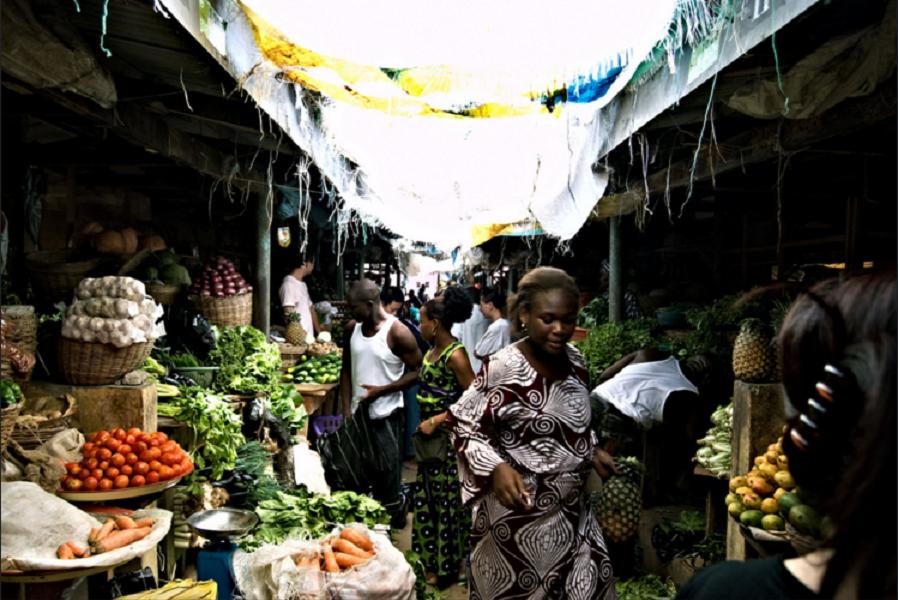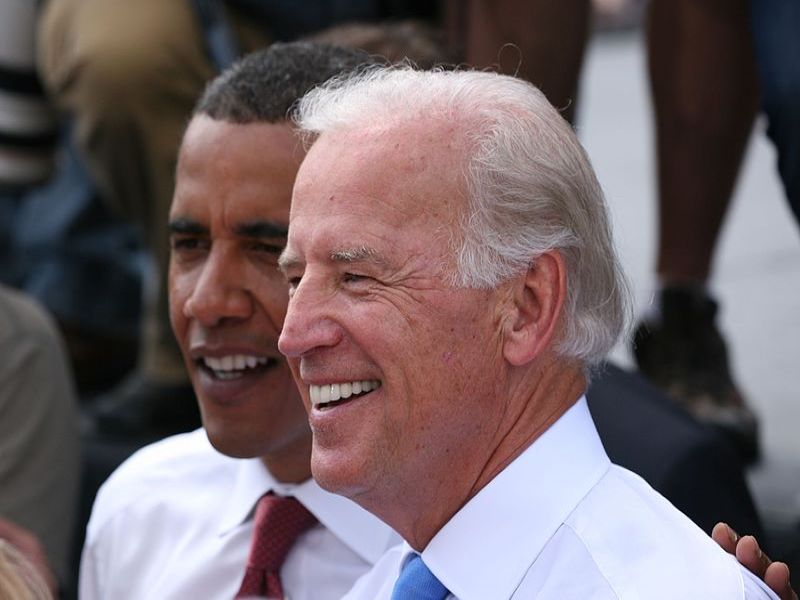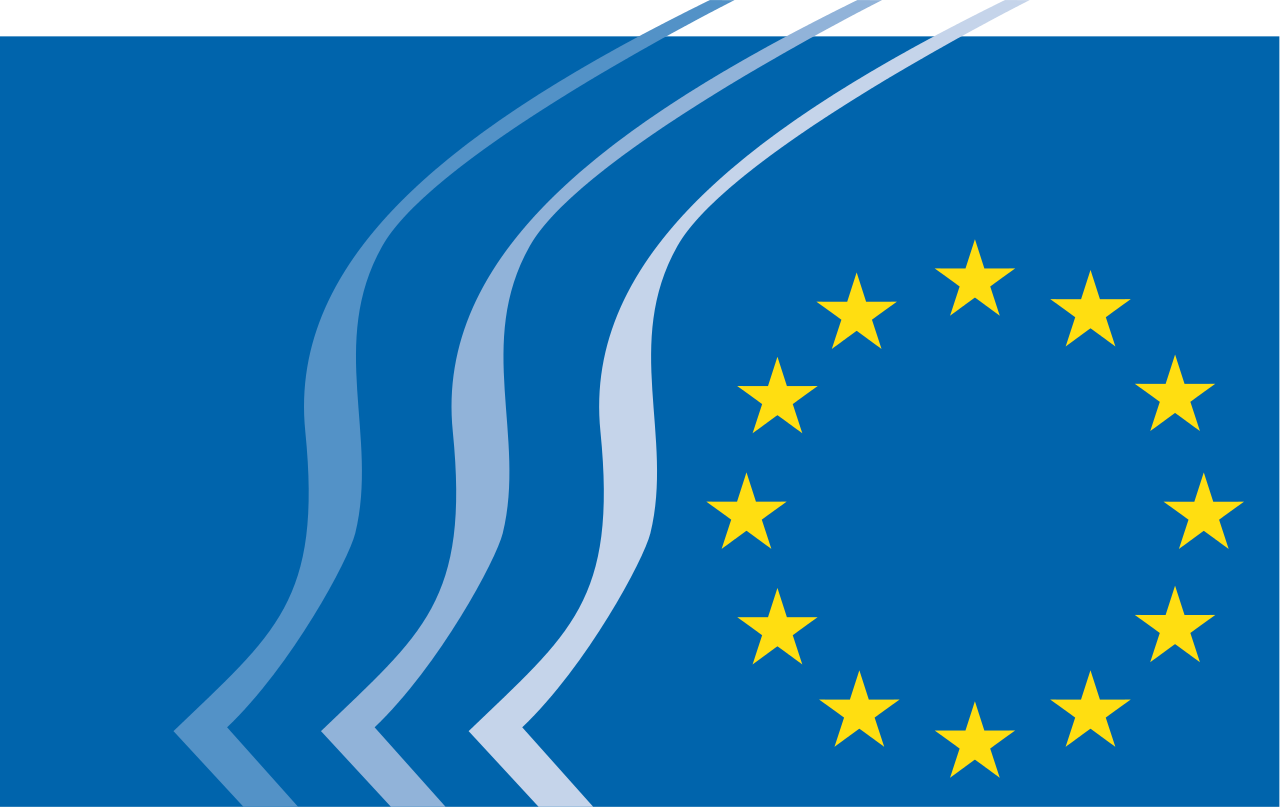This last year, Nigeria experienced its first economic downturn in the last 20 years. Nigeria is Africa’s largest economy with a Gross Domestic Product (GDP) of USD $481 million. In the span of a year, starting in the third quarter of 2015 and ending in third quarter in 2016, Nigeria’s GDP growth rate dropped by 5%, down to an annual GDP growth -2.24%, representing the rate that the GDP contracted in the last year.
Economists point their fingers at the low price of oil, Nigeria’s main export, as the cause of its economic downturn. Trade in the third quarter of 2016 consisted of 41.2% crude oil and 21.8% of other oil products, resulting in an economy dependent on the international oil market. In 2013 Nigeria exported an estimated 2.23 million barrels a day, earning the ranking of 6th biggest oil exporter.
Although Nigeria is a leading producer in African oil, the country exports 90% of the crude oil it produces. Much of the oil used by Nigerians is imported at international prices due to the large amount of local oil set aside for international contracts. Considering the state of the Nigerian currency, local consumers are paying a premium for international petroleum products despite the country’s natural wealth of oil. However with the state of Nigeria’s economy, international investment in the Nigerian oil industry is dwindling.
International oil companies are deterred by the increasing security risk of the Niger Delta Avengers, a militant group fighting against the corporate exploitation of local land for international oil contracts. The Avengers demand oil companies to compensate for oil spills that have affected the environment and homes of Nigerian locals. Shell recently paid out USD $6.9 million to settle a lawsuit filed against the petroleum giant for pollution. The militant group stated that it has plans to attack international companies awarded with Nigerian contracts in the next few months.
Previous attacks devastated oil production. In the summer of 2016, the group attacked several pipelines with explosives. Consequently, as high as half of oil production halted. As the attacks proceeded, investors in Nigerian oil dropped off due to the uncertainty of efficient production, as well as the risk of huge amounts of oil being destroyed by the militant group.
Contributing to the slump in the economy is the large portion of bad loans in Nigerian banks. The Central Bank of Nigeria stated that the percentage of bad bank loans rose to 11.7% from the suggested maximum of 5% last maintained in 2015. The First Bank of Nigeria, Nigeria’s largest asset lender, was hit the hardest as its non-performing loan ratio spiked from its steady 4.1% in June 2015 to 23% in June 2016. The high percentage of non-performing loans is due to the decline of the naira, Nigeria’s currency. Earlier this year the naira fell by 40% and is currently resting at 304 naira to USD from it’s previous 199 naira to USD in June 2016.
The devaluation of the naira arose when the Central Bank upheld the overvalued fixed exchange rate, despite the drop in oil prices. The naira was “pegged” to the US dollar until June 2016, restricting the rate of rise and fall within a window of rates, as opposed to free flowing currency that other oil exporting countries used, which allows the exchange rate to fluctuate in accordance with the supply and demand for the country’s currency. A fixed exchange rate is usually implemented to lower inflation, reassure foreign investors and secure exports so the issue of a constant moving currency is mitigated. However, a fixed exchange rate does not easily allow the Central Bank to adjust the interest rate depending on the economy’s growth.
Investors in Nigerian stocks and bonds worried that the control of the naira would cause devaluation, therefore many investments in Nigeria were sold off. Many economists suggest that the best way to prevent further devaluation of the naira is to allow a more free flowing currency approach to avoid corruption that coincides with an overvalued currency, creating a black market.
The Central Bank of Nigeria attempted to level the naira with capital controls, which limit the ability to purchase foreign currencies. Many Nigerian businesses that rely on imported goods and people who travel outside the country turned to the black market for foreign currency, currently trading at approximately 490 naira/USD. Since there is a limited supply of foreign currency from the Central Banks due to capital controls, citizens and business people are willing to pay a higher price for foreign currency.
In an attempt to discourage further bad loans, interest rates are held at 14% by the Central Bank of Nigeria. Additionally, the high interest rate will combat the 11 year high inflation rate of 18.55%. The elevated inflation rate has a large part in the suffering economy, as it causes less demand for Nigerian exports with high consumer prices, therefore less demand for the naira.
The decision to keep interests rates set high has divided support. Experts such as the Minister of Finance, Kemi Adeosun, suggest that a lower interest rate would better stimulate the falling economy by encouraging government borrowing to invest in economic growth. Dr. Frank Jacobs, President of the Manufacturers Association of Nigeria urges that a drop in interest rates would be the best thing to happen to the manufacturing sector of the economy. A lower interest rate would help the producers of goods and services in the Nigerian economy, as it would promote local business’s expansion by easing the cost of borrowing. However, the Monetary Policy Committee reinforces that the high interest rates will attract foreign investors looking for a large return in their investment.
Photo: Lekki market (2008), by Shawn Leishman via Flickr. Licensed under CC BY 2.0.
Disclaimer: Any views or opinions expressed in articles are solely those of the authors and do not necessarily represent the views of the NATO Association of Canada.




